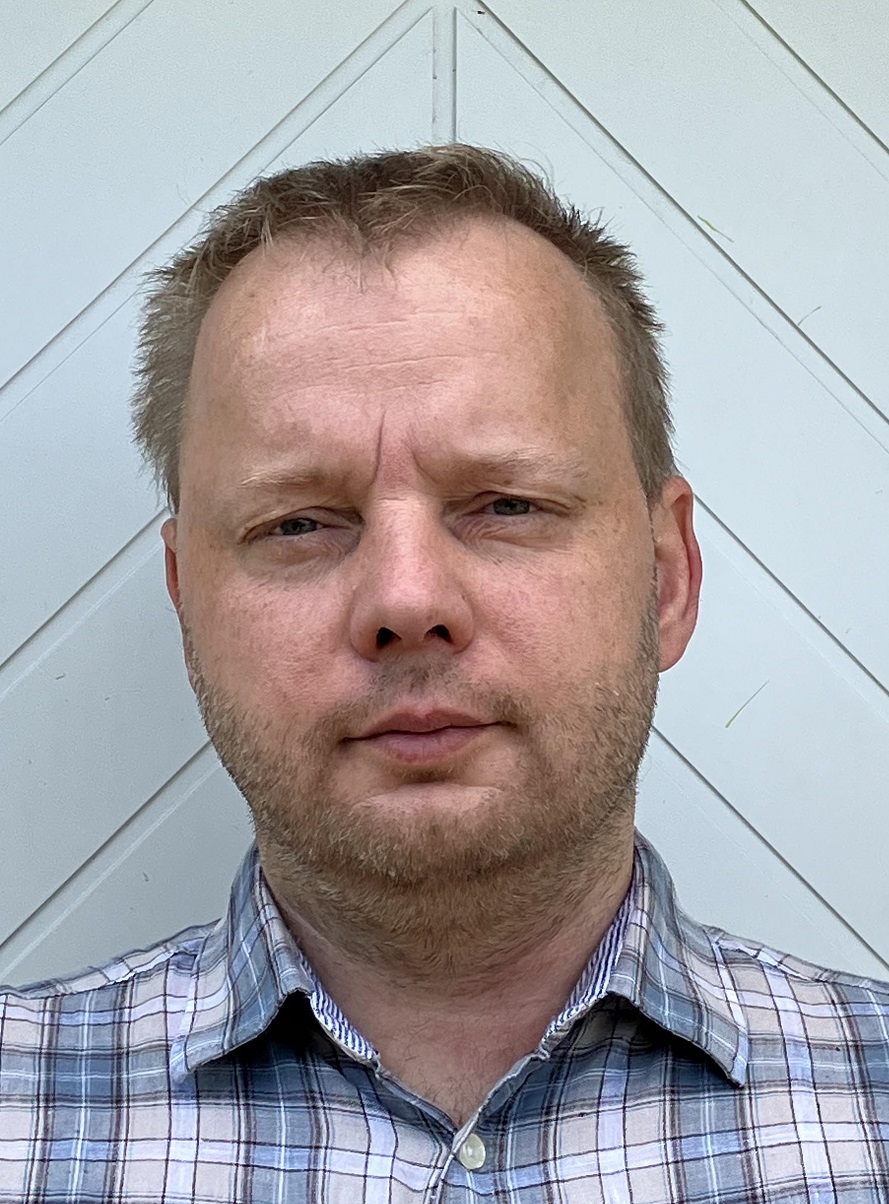Author: Annar Merirand
Transformative Changes of Our Time: Parallels with the Past and the Road Ahead
Annar Merirand:
Esteemed speaker at the forthcoming 12th PM conference share his insights on Transformative Changes of Our Time, from the digital revolution to the changing nature of work, Mr. Merirand's presentation promises to shed light on the most critical challenges and opportunities that project managers face in the 21st century.
Introduction:
The historical backdrop of the two world wars and the Great Depression serves as a stark reminder of the profound impact that economic and political shocks, when combined, can have on a global scale. In this article, we embark on a journey to explore the intriguing parallels between that era and the transformative changes we are currently witnessing. Today, our world is in the throes of profound shifts, primarily driven by the end of globalization as we know it and the imminent wave of technological advancements.
Globalization's Shift Towards Regionalization
For nearly eight decades, the Bretton Woods system has been the bedrock of international trade, ensuring the safety of global commerce through the dominance of the US dollar as the single global reserve currency.
However, it's increasingly evident that this arrangement no longer aligns with America's interests and is gradually being dismantled. Recent developments such as the signing of NAFTA 2, the emergence of the BRICS movement, and initiatives like the 3-Seas Initiative signal the rise of regional and political blocs aimed at trade and mutual defense. These developments foreshadow significant changes in the global economic landscape.
The Next Industrial Age
We stand at the threshold of yet another industrial revolution, one that will be defined by advanced technologies reshaping the way we work and live. The fusion of advanced machine learning with more efficient manufacturing processes, precision farming techniques, and cutting-edge energy technologies is poised to usher in this new era.
Anticipated Transformations:
Transportation: Self-driving trucks, operating in convoys between harbors, manufacturing facilities, and distribution centers, are on the horizon. Companies like Daimler (Waymo) and Tesla have conducted extensive testing. While this promises increased efficiency, it also raises questions about job displacement.
Precision Farming: Precision farming will revolutionize food production, reducing inputs like fertilizers, pesticides, fungicides, and herbicides while increasing crop yields. Although this won't affect many jobs in wealthier regions, it may disrupt industries elsewhere.
Office Automation: Automation will streamline repetitive office tasks in various fields, making these roles more efficient. This won't necessarily eliminate jobs outright but could reshape job requirements.
Robotics and Industrial Automation: Continued advancements in robotics and industrial automation will reduce reliance on manual labor while increasing the demand for engineers and technicians.
As with previous transformative changes, new and better-paid jobs will emerge. However, the critical question is whether the majority of the population can acquire the skills required to secure these jobs.
Challenges and Concerns
Embracing these technological advancements is not without its challenges. Large Language Models, for instance, have enabled malicious activities, raising concerns about misinformation and manipulation. Furthermore, advancements in image and speech synthesis blur the line between AI-generated and real content, posing questions about the integrity of democratic elections. The dismantling of the Bretton Woods agreement will disrupt supply chains and may spark multiple conflicts. These challenges set the stage for the complex landscape ahead.
Finding the Light
History has shown that we emerged from the crises of the 1930s and 1940s as a more resilient civilization. Life expectancy increased by 30 years, infant mortality rates dropped from 50% to under 4%, and absolute poverty rates plummeted from 80% to under 20%, among other improvements.
Today, we are on the brink of a technological and political transformation. While challenges abound, we can navigate them by harnessing the benefits of innovation and coming together to address societal concerns. The journey ahead may be uncertain, but human resilience and our vision of a better future will continue to guide us forward. We will find the new equilibrium, as we always have.
In the words of G. Michael Hopf, "Hard times create strong men, strong men create good times, good times create weak men, and weak men create hard times." Let us strive to be the strong men and women who shape the good times ahead.






